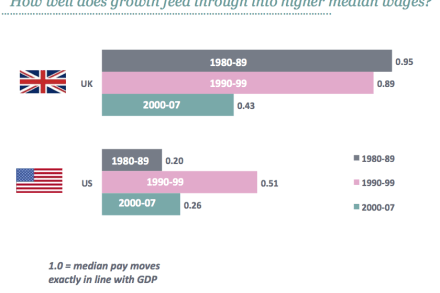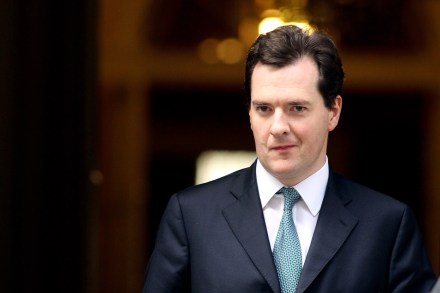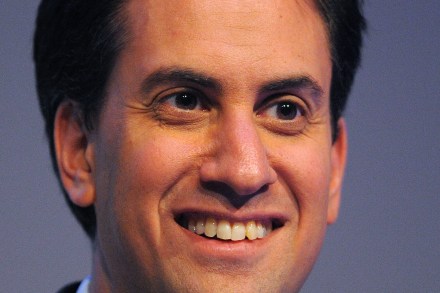Europe’s debt overspill
That Italy is now paying around 7.8 per cent for two-year borrowing, compared to the 4.5 per cent it was paying just last month, is a reminder that the imposition of a technocratic government was far from a solution to the country’s problems. With €8 billion more debt to be sold on Tuesday, there’s little respite for Italy coming up. One does have to wonder how long they can carry on like this. But Italy’s troubles need to be seen in conjunction with what happened at the German bund auction this week. The problems that even Germany is having in getting its debt away at a good rate is

















